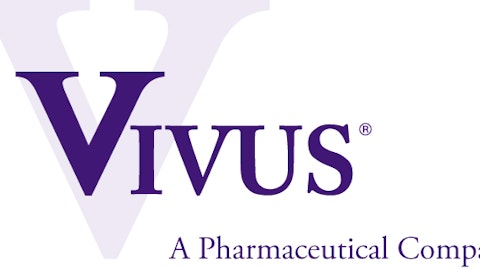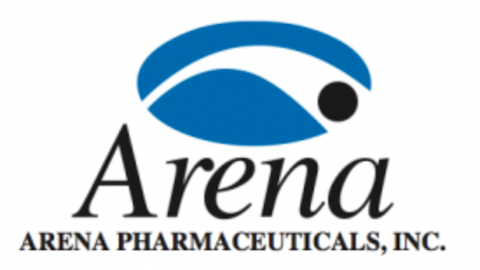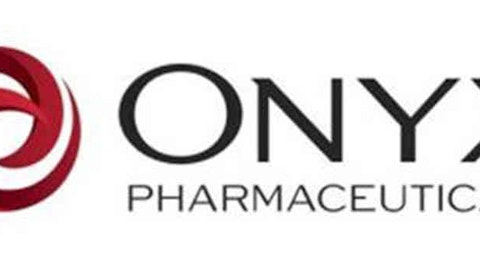
The importance of Consumer Reports
If you ponder the impact of Consumer Reports, just ask Tesla Motors Inc (NASDAQ:TSLA). The company’s Model S was given a 99 out of 100 – the first time in six years such an assessment was given – this helped push the stock from $56 to over $90 following its first quarter report.
In case you don’t you don’t see the relevance, you should keep in mind that shares of Tesla only rallied 14% on the announcement of its earnings, the next wave of gains came after the Consumer Report.
Consumer Reports is a non-profit organization that has more than eight million subscribers. Much of its ratings are compiled from data of its one million devoted readers that partake in surveys. Other ratings are given from teams of professionals with extensive knowledge on a specific topic or product. In addition, the organization is extremely powerful, and influential, with more than 600,000 activists who change legislation and the marketplace in favor of the consumer.
When an organization this powerful gives a negative review on a product, it is taken very seriously and will affect the success of that product. This is downright awful news for Arena Pharmaceuticals, Inc. (NASDAQ:ARNA) and its recently launched weight-loss drug Belviq.
Consumer Reports says “exercise”
Consumer Reports is advising overweight individuals to “skip” Belviq due to “slim results” and “risks galore”! The organization’s medical advisers note that patients lose just 3-3.7% of their body weight over a year’s time. The cost for that 3-3.7% weight loss is “headache, dizziness, fatigue, nausea, dry mouth, and constipation.”
Thankfully, Consumer Reports does offer an alternative, or a recommendation, for those who are considering Belviq to lose weight, “eat less and exercise.” While this may sound silly, it is true.
Let’s say you weigh 300 lbs, and you intake enough food to maintain that weight. There are approximately 3,500 calories in a pound, meaning if you cut 500 calories from your diet, you will lose one pound per week. Theoretically, you could lose 30-50 pounds a year with this discipline depending on your level of motivation.
With the “cut 500 calorie, a day” diet, a 300lb person could lose 10-15% of their body weight over a year’s time. This is three-five times more than Belviq, without changing your lifestyle, and it saves the consumer money.
The problem with Belviq is that it’s minimally effective. Some people think Belviq will be successful for off-label use, including the improvement of cardiovascular function. However, at this point it is a weight loss drug, and apparently, it is not a particularly reliable one. As a result, I’d be highly skeptical investing in this company right now as the Consumer Reports article could go a long way in swaying the consumer not to use the product.
What about the other drug?
With Belviq’s launch, Arena Pharmaceuticals, Inc. (NASDAQ:ARNA) is dominating the headlines – but there is another FDA approved weight loss drug available in the market, Qsymia.
VIVUS, Inc. (NASDAQ:VVUS)‘ Qsymia has been a complete disaster in every sense of the word. Not only does the company have to fight with insurance companies for coverage, but it has remarkably few to no marketing rights – so it shouldn’t serve as a surprise that sales have been dismal.
In the first quarter of 2013, sales of Qsymia were just $4.1 million! Back in September 2012, full-year estimates for Qsymia were $201 million, then in November the estimates were cut in half to $91 million. In May, estimates were once more slashed to just $45 million!
Conclusion
Simply put, no one is buying Qsymia, and with Belviq’s review, it’s tough to imagine Belviq being too successful. Some might say that Qsymia’s failure doesn’t indicate a disaster for Belviq. Yet, consider the fact that these are weight loss products, and Qsymia is three times more effective!
If 1+1=2 than a less effective drug will be less successful than its competitor. Since Arena Pharmaceuticals, Inc. (NASDAQ:ARNA) only receives 30-35% of sales on Belviq, I do not see how one can logically defend its market capitalization, which is slightly higher than VIVUS, Inc. (NASDAQ:VVUS). Thus, I’d sell or avoid the stock — and would expect Vivus-like results in the year ahead – as Belviq’s first year estimates currently stand at $200 million (much like Qsymia last year).
The article Consumer Reports Says “Exercise” Rather Than Take This Drug originally appeared on Fool.com and is written by Sherrie Stone.
Sherrie Stone has no position in any stocks mentioned. The Motley Fool has no position in any of the stocks mentioned. Sherrie is a member of The Motley Fool Blog Network — entries represent the personal opinion of the blogger and are not formally edited.
Copyright © 1995 – 2013 The Motley Fool, LLC. All rights reserved. The Motley Fool has a disclosure policy.



